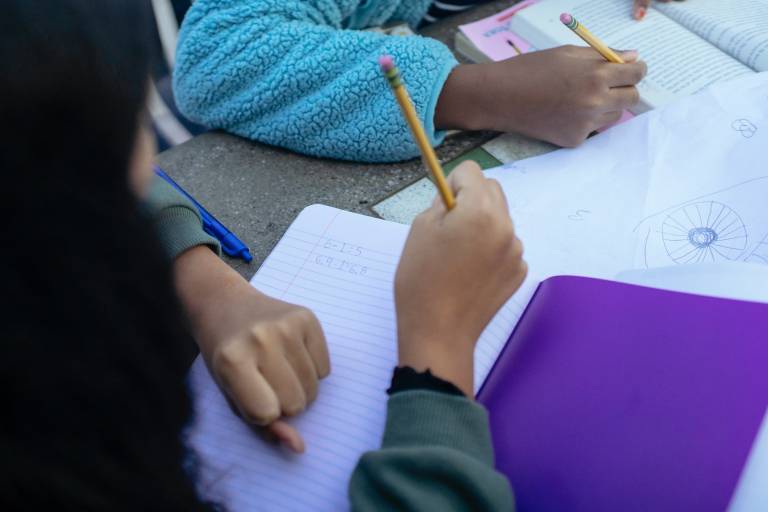The sustainability of school-based mental health interventions: why is it important?
10 December 2020
By Anna Moore

The Evidence Based Practice Unit is pulling together research on the sustainability of school-based mental health interventions. The aim of this work is to try to understand what helps schools sustain mental health and wellbeing support for their pupils. We’re hoping others will be able to signpost us to relevant research articles or reports in this area so we can collate and share the findings.
There is increasing recognition that children’s mental health problems are on the rise and schools are seen as an important place for pupils to learn ways to support their mental health and wellbeing (NHS Digital, 2018). Schools and teachers now have increased responsibility to support young people’s mental health, and there are many resources and programmes designed to do this (DfE, 2017, 2019).
However, while there is growing evidence that some of these universal approaches can lead to positive changes in pupils’ mental health and wellbeing, research projects are rarely funded to look at the long-term sustainability of these programmes. Trials to evaluate the effectiveness of new programmes generally only include short-term assessments and it appears that interventions are often not sustained once initial resources and enthusiasm are exhausted (Askell-Williams, 2017).
Governments, schools and individuals are investing large amounts of time and money in these programmes, so it is important to explore ways to achieve long-term sustainability.
We are reviewing the literature to find out about research on the sustainability of mental health and wellbeing programmes in schools. Please do get in touch if you know of any research papers or reports addressing sustainability, embedding or long-term delivery of these types of interventions.
Please send an email to Anna Moore: anna.moore2@annafreud.org
References
Askell-Williams, Helen. 2017. “Perspectives from Teachers and School Leaders about Long-Term Sustainability.” Mental Health Promotion in Schools (2007): 141–55. https://link.springer.com/chapter/10.1007/978-94-6351-053-0_9
DfE. 2017. Transforming Children and Young People’s Mental Health Provision: A Green Paper. https://assets.publishing.service.gov.uk/government/uploads/system/uploads/attachment_data/file/728892/government-response-to-consultation-on-transforming-children-and-young-peoples-mental-health.pdf
DfE. 2019. Relationships Education, Relationships and Sex Education (RSE) and Health Education. (November): 1–6. https://consult.education.gov.uk/pshe/relationships-education-rse-health-education/supporting_documents/20170718_ Draft guidance for consultation.pdf
Sadler, K. et al. 2018. “Mental Health of Children and Young People in England, 2017: Summary of Key Findings.” Community (November 2018): 233–44. https://digital.nhs.uk/data-and-information/publications/statistical/mental-health-of-children-and-young-people-in-england/2017/2017
 Close
Close

